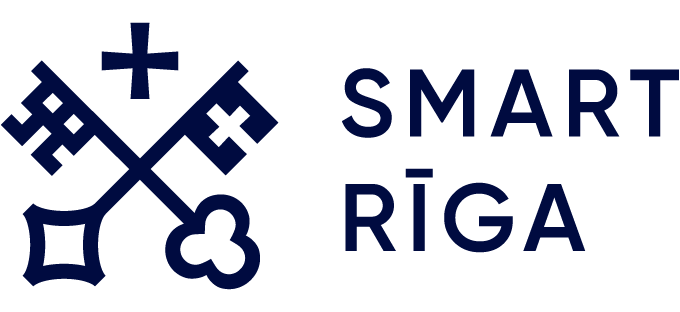Urban ReLeaf engages residents in urban greening and climate change adaptation by promoting their participation in urban planning and improving environmental monitoring. The digital tools developed within the project help better understand and manage green infrastructure, improving city sustainability and resident well-being.
The Significance of the Project for Riga
Riga needs to strengthen its green infrastructure to improve air quality, mitigate the urban heat island effect, and enhance resilience to climate change. Often, residents are the ones who best understand where improvements are needed, yet mechanisms are lacking to include their observations in decision-making. Urban ReLeaf addresses this challenge by encouraging community participation and creating data ecosystems that empower residents to take an active role in urban planning.
Target of the Project
To develop resident-driven data ecosystems that support urban climate adaptation, improve green infrastructure management, and promote data usage in urban planning.
Benefits for Residents
✔ Better urban greening and improved climate resilience;
✔ Opportunity for residents to participate in city planning and improve their local environment;
✔ Improved air quality and a more comfortable urban environment;
✔ New digital tools for enhanced environmental monitoring.
Project Activities
✔ Research and analysis of green infrastructure planning processes in European cities;
✔ Resident engagement in collecting data on urban green infrastructure and its condition;
✔ Development and improvement of digital platforms to integrate resident-generated data into urban planning;
✔ Public awareness and outreach activities to promote participation in city development.
Testbed Territory in Riga
Urban ReLeaf activities in Riga will take place in several neighbourhoods, where residents will be involved in monitoring and improving green infrastructure. Additionally, 20 new air quality sensors have been installed in Riga. In cooperation with SIA “Rīgas meži”, 5 sensors have been placed in city parks, while the remaining 15 are located either near heavy traffic areas or in background monitoring locations.
Project Results
✔ Establishment of data ecosystems that support sustainable urban development;
✔ Active resident participation in urban planning;
✔ New digital solutions that improve environmental monitoring and policy planning.
Funding, Duration, and Partners
Funding source: Horizon Europe
Total project budget: EUR 5 144 488
Riga Planning Region budget: EUR 151 625
Total budget for Riga: EUR 0
Implementation Period: 01.01.2023 – 31.12.2026
Project Partners: Internationales institut fuer angewandte sestenabakyse (IIASA), Austria; Vrije universiteit Brussel (VUB), Belgium; Institute for Communications and Computer Systems (ICCS), Greece; ICLEI European Secretariat GMBH (ICLEI), Germany; Ethniko asteroskopeio Athinon (NOA), Greece; Collecte Localisation Satellites (CLS), France; Dimos Athinion epicheirisi michanografisi ( DAEM), Greece; Gemeente Utrecht (CITYITR), Netherlands; Provincie Utrecht (PROVUTR), Netherlands; Emac empresa municipal de ambientede Cascais em SA (EMAC), Portugal; Stadt Mannheim (MANN), Germany; Riga Planning Region (RPR), Latvia
Contact Information
Aija Zučika, Project Manager
Riga Planning Region
Phone: +371 28307589
Email: aija.zucika@rpr.gov.lv
Project Links
Urban ReLeaf official website
https://rpr.gov.lv/project/urban-releaf/
Riga installs 20 new air quality sensors

